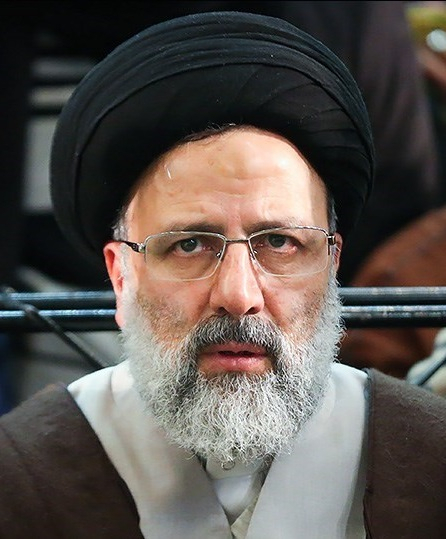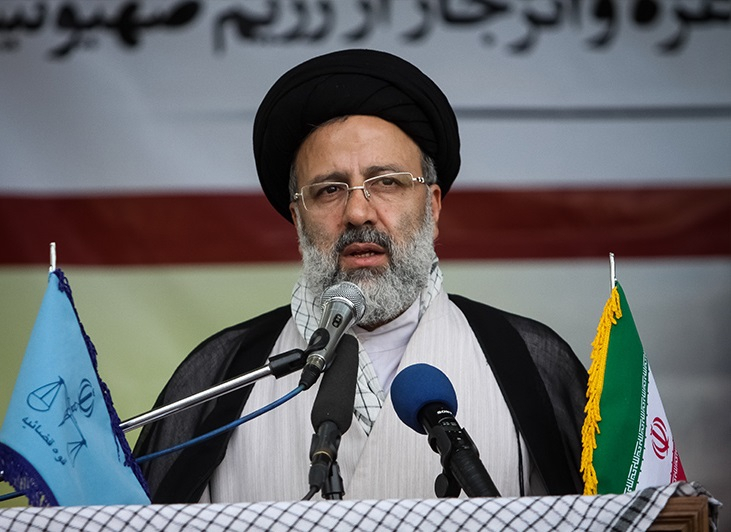The election of hardline leader Ebrahim Raisi as Iran's next president has raised eyebrows around the world and sent human rights champions into a frenzy.
Raisi, a protege of Iran's Supreme leader Ayatollah Ali Khamenei, secured more than 60 percent of the votes in Friday's election. The landslide victory of the ultraconservative cleric was a foregone conclusion as he had the blessings of the supreme leader.
However his elevation as the President of Iran has triggered controversies surrounding the Tehran Death Committee of the late 80s, in which he was a part.

Raisi has been accused of being part of a massive judicial mission that facilitated the killing of 3,000 members of the Mujahedin-e Khalq (MEK) resistance movement following the end of the war with Iraq.
Raisi was an active member of the committee and a prosecutor of immense power. He was only 28 at the time of the massacres. The committee was acting under the orders of the supreme leader Ayatollah Khomeini.

The committee controversially agreed to eliminate as many as 3,000 jailed members of the resistance movement, who were accused of committing acts of treachery at the end of the Iran-Iraq war.
The accused were "hung from cranes four at a time or in groups of six with rope hanging from the front of the stage on an assembly hall," says a 130-page report written by the London-based human rights lawyer Geoffrey Robertson QC, the Guardian reported.
Extrajudicial Executions
According to the Amnesty International, Raisi was a member of the 'death commission'. He "enforced disappearance and extrajudicial executions of several thousand political dissidents in Evin and Gohardasht prisons near Tehran between late July and early September 1988. Victims' bodies were mostly buried in unmarked mass graves," the rights watchdog said in a report.
Iranians Don't See Him Guilty
Raisi's election victory has shocked the world but that is not the case in Iran, where his role in the macabre killing was never discussed during the election campaign. "The 1988 killings, which took place from July to September that year allegedly on the direct orders of revolutionary leader Ayatollah Ruhollah Khomeini, remain a near taboo in modern Iran," reports France24.
"Most rights groups and historians say between 4,000 and 5,000 were killed, but the political wing of the MEK, the National Council of Resistance of Iran (NCRI), puts the figure at closer to 30,000," the outlet reported.
Who is Ebrahim Raisi?
Born in Iran's holy second city of Mashhad. He was undergoing training to become a cleric in the holy city of Qom during the war. He pitchforked into Iranian politics when he was named the prosecutor-general of the city of Karaj at a tender age of 20.
His marriage with the daughter of a prominent regime figure helped entrench his political career. Later he became the Prosecutor of Tehran and the First Deputy to the Head of Judiciary. In 2019, Raisi became the head of Iran's judiciary.









